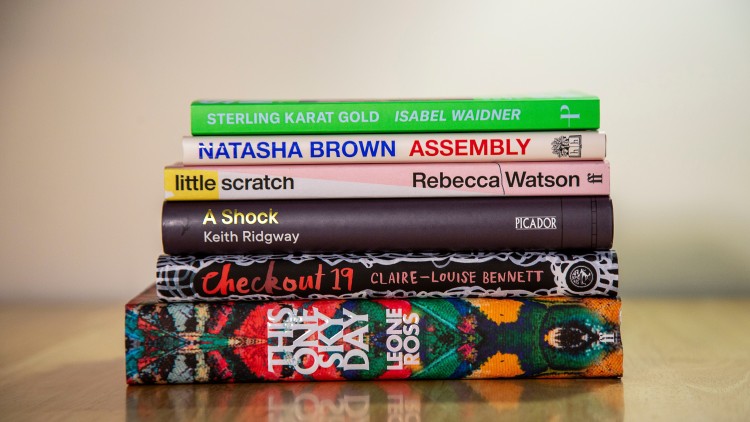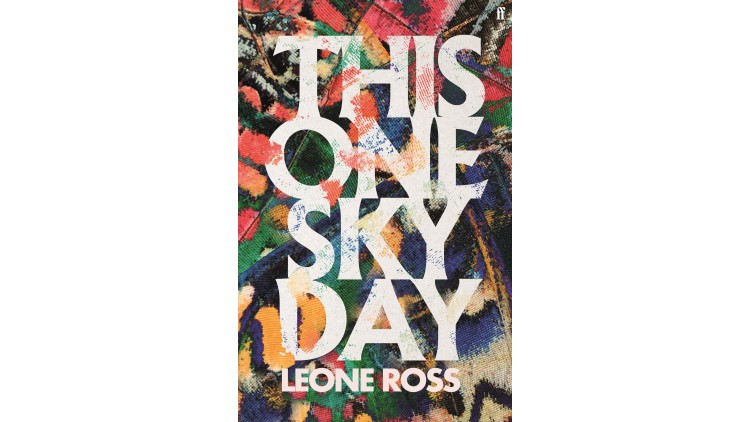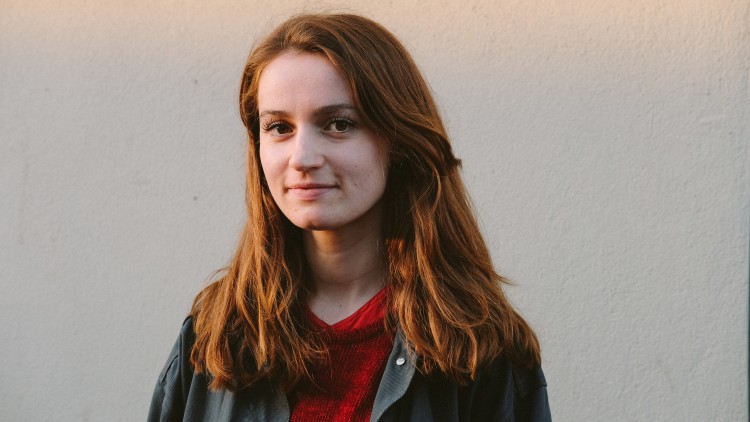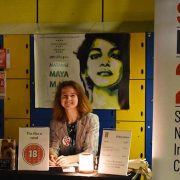
A mathematician who has worked in financial services for a decade, an assistant arts editor at the Financial Times and the editor of the first Black British anthology of speculative fiction are among six finalists shortlisted for the Goldsmiths Prize announced last night.
The winner of the prize for British and Irish writers, that aims to celebrate fiction which “breaks the mould or extends the possibilities of the novel form”, will not only receive £10,000, but will go on to appear online at the Cambridge Literary Festival.
Chair of judges, Nell Stevens, said: “From the exuberant magical realism of Leone Ross’s ‘This One Sky Day’ to Keith Ridgway’s intricate and immersive ‘A Shock’, the 2021 Goldsmiths Prize shortlist is a celebration of fiction that is spirited, uninhibited, and restless with convention.”

The shortlist is comprised of authors both established and new. Leone Ross, whose nominated novel ‘This One Sky Day’, which has been 15 years in the making, follows a pair of star-crossed lovers across an enchanted twenty-four hours on a fictional Caribbean archipelago. The England-born, Jamaica-raised author has won multiple awards for her previous works and has also taught creative writing for 20 years at University College Dublin, Cardiff University and Roehampton University in London.
Ross is joined by Isabel Waidner, an academic and co-founder of the event series Queers Read This at the Institute of Contemporary Arts, London, whose novel Sterling Karat Gold is their second shortlisting in two years, following the inclusion of ‘We Are Made of Diamond Stuff’ in 2019. Goldsmiths Judge Kamila Shamsie says: “Time-travel constrained by the limitations of Google Maps and trials out of Hieronymus Bosch never out-dazzle the human heart in this novel of friendship, art, injustice and all that can be imagined and unimagined.”
But for London-based mathematician Natasha Brown, who developed her novel Assembly after receiving a 2019 London Writers Award in the literary fiction category, the shortlist is celebrating her debut. The book follows a Black British woman as it tells the story of a life ground down by everyday prejudice in a series of emotive vignettes.
Brown is joined by fellow debut novelist and assistant arts editor for the Financial Times, Rebecca Watson. Judge Nell Stevens said of her nominated book: “As much as ‘little scratch’ is an exploration of trauma in the aftermath of sexual assault, it is also testament to what is at stake in the minutiae of daily existence, the countless fleeting moments in which our lives happen to us.”

Completing the shortlist is the second book by Claire-Louise Bennett, ‘Checkout 19’, and Dublin-born Keith Ridgway’s novel ‘A Shock’. Bennet’s book ‘Checkout 19’ explores the fickle nature of storytelling with an unnamed protagonist who spins a tale of reality and doubt from their memories of school and university, while Ridgway’s is described by Shamsie as “a novel of in-between places that keeps the reader off-balance to surprising, intelligent and sometimes eerie effect.”
The authors have been invited to present online readings of their works on October 20, hosted by the Goldsmiths Writers’ Centre. The winner will be announced at an online ceremony being held on November 10, who will then appear at the Cambridge Literary Festival the following week on November 18.
The 2021 Goldsmiths Prize shortlist in full:
- Claire-Louise Bennett, Checkout 19 (Jonathan Cape)
- Natasha Brown, Assembly (Hamish Hamilton)
- Keith Ridgway, A Shock (Picador)
- Leone Ross, This One Sky Day (Faber & Faber)
- Isabel Waidner, Sterling Karat Gold (Peninsula Press)
- Rebecca Watson, little scratch (Faber & Faber).
The Goldsmiths Prize 2021 is awarded in association with the New Statesman.




